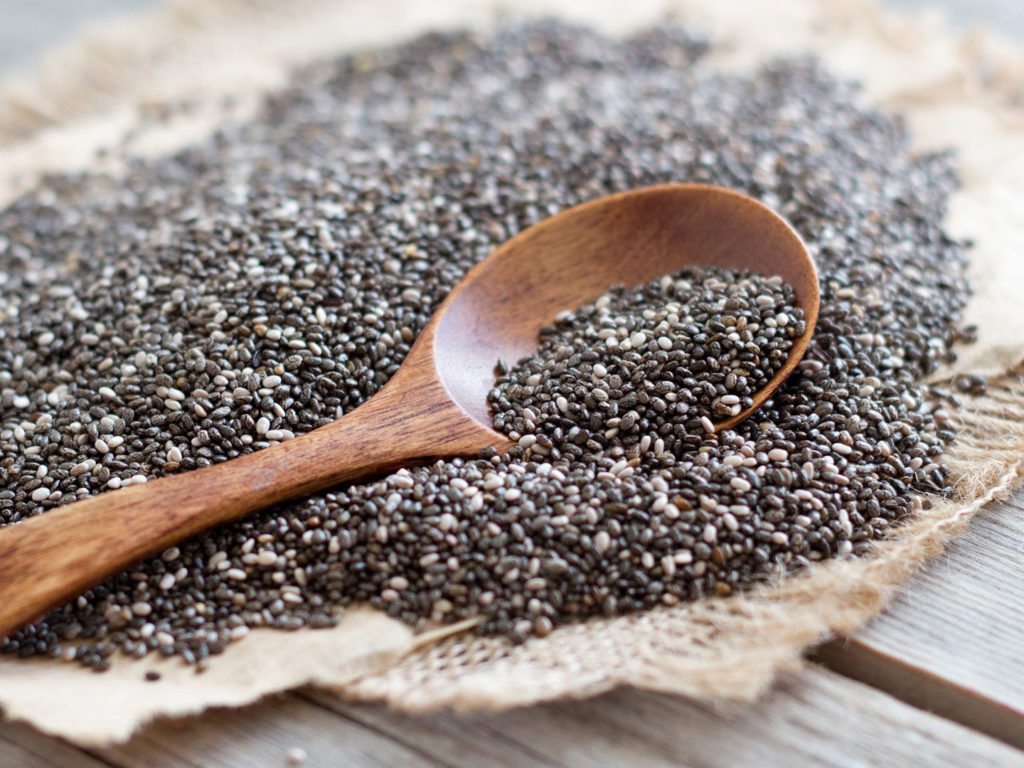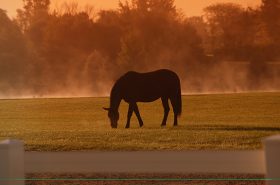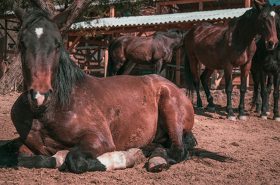Protein is an important component in the diet of all horses, helping to build healthy skeletal muscles, internal organs, bones, skin, hair, hooves, and more. But how do you know if your horse is getting enough protein? And what is the best way to supplement it, if needed?
To begin, it’s important to know your horse’s needs by weight, life stage, and level of work. For example, a mature 1,100 lb. horse at maintenance, in early pregnancy, or doing light work requires about 1.4 lbs (0.6 kg) of protein a day. However, a mature horse of the same weight in moderate to heavy work needs about 2 15 lb. of protein a day. You can determine your horse’s protein needs by using the NRC’s website on nutrient requirements for horses.
The good news is that many horses already get plenty of protein from grass or hay. For example, if hay provides 40 grams of protein per pound (an average amount for grass hay) and you’re feeding 2% of your horse’s body weight per day, then he is getting 800 grams of protein from hay alone, which would be more than enough for that 1,100 lb horse at maintenance.
However, with lower quality hay, lack of good pasture, or if your horse is in hard work, the protein content may not meet your horse’s needs. In cases such as these, protein will need to be supplemented.
Likewise, growing horses, pregnant/lactating mares, and horses recovering from an illness or injury will also have higher protein requirements that grass hay alone may not cover. Of course, you can buy commercial feeds that are high in protein, but they can be expensive and they may also be high in unwanted starch.
Fortunately, there are some natural protein sources that you can opt for as well. Here are a few:
- Dried split peas (23-25% protein);
- Alfalfa–hay, cubes, or pellets (19-23%);
- Flaxseed meal (31-35%);
- Hemp seeds (33%);
- Chia seed (19-23%);
- Soybean meal (44-52%);
- Sunflower meal (26-30%); and
- Wheat Bran (15-20%).
Providing protein from several different sources is a good way to ensure that your horse is getting a variety of essential amino acids, so you may want to mix two or more of the above protein sources. However, keep in mind that you shouldn’t overdo it with protein since the excess will be stored as fat and may lead to health problems.
Do you supplement protein to your horse? Feel free to share in the comments!

Love this blog post? We think you will like Natural Insect Control for the Farm



